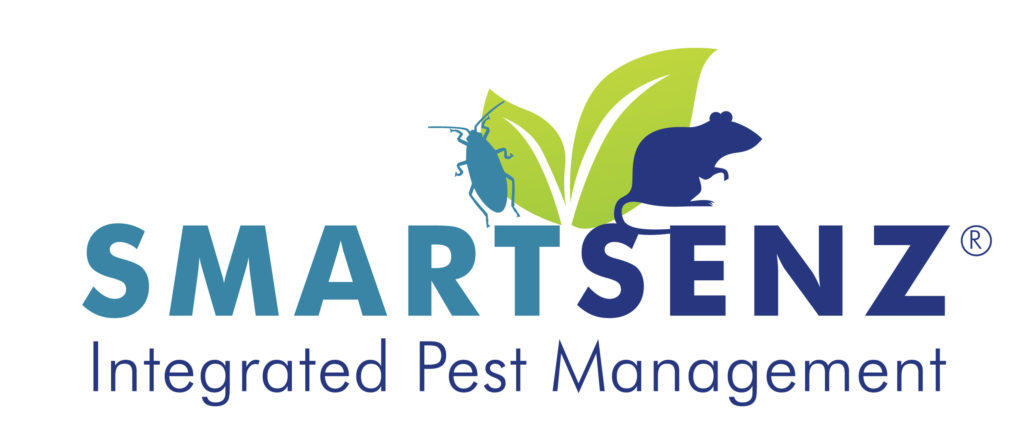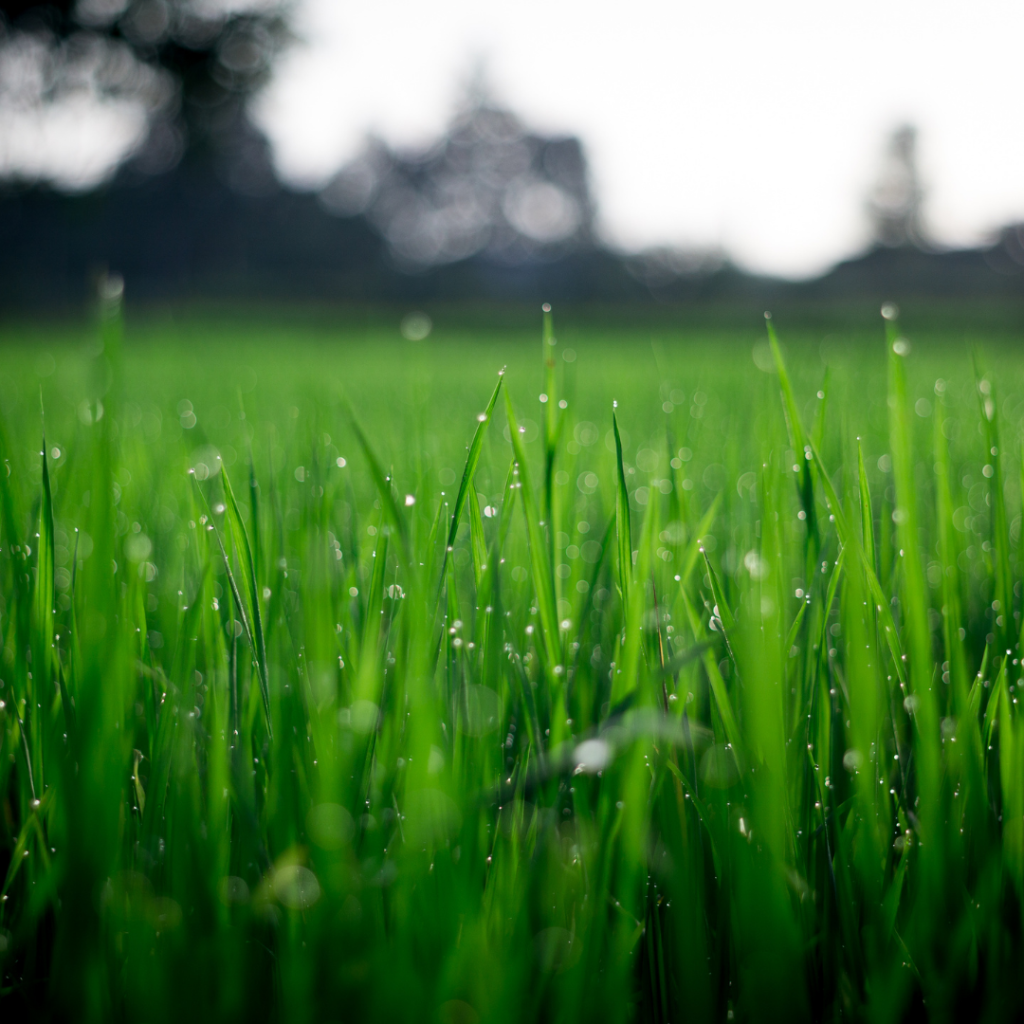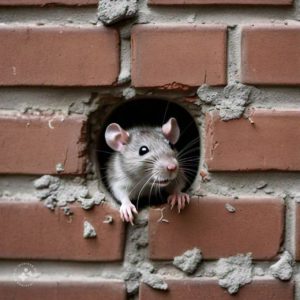There is nothing nicer than a lush, thick green lawn to sit on, on a warm summers evening. It’s a great place for children to play and for families to build memories.
Not only are healthy lawns an asset to your property, but to the environment as well!
Healthy grass creates an ideal living environment for insects and worms, which are a great source of food for birds and other wildlife.
Why is a healthy lawn important?
- A healthy lawn prevents soil erosion.
- Grass acts as a filter as it filters contaminants from rainwater.
- Grass absorbs airborne pollutants like dust and soot.
- It is a plant, and its function is photosynthesizing carbon dioxide into oxygen, creating clean air.
How do you keep a healthy lawn?
- By encouraging healthy soil and by eliminating weeds, pest insects and disease.
- Your soil and grass should be fertilized at least once a year. This is to re-introduce elements like nitrogen, phosphorus and potassium that has been lost from the soil throughout the year.
- It is important to choose the correct grass type that will thrive in your climate.
- Remember that when cutting your lawn, you should keep a high cut. Keeping a longer lawn will produce a stronger, healthier grass.
- Water your lawn only when really needed. Water slowly and deeply. This will train the grass roots to grow downwards rather than staying near the surface where it’s not as easy to find moisture during hotter periods.
Using an Integrated Pest Management system is essential in keeping a healthy lawn. IPM consists of three different strategies. Biological, Cultural and chemical.
-
- Biological control is used to introduce insects like lady bugs who control (eat) aphids which feed on grass and plants.
- Cultural control is using the correct gardening methods like keeping a high cut to keep the grass healthy and to shade out weeds.
- Chemical control involves an educated use of pesticides and herbicides.
Implementing an IPM strategy in lawn/ garden care minimizes the use of pesticides and increases the use of natural processes which is essentially much more beneficial to the environment and your lawn.





